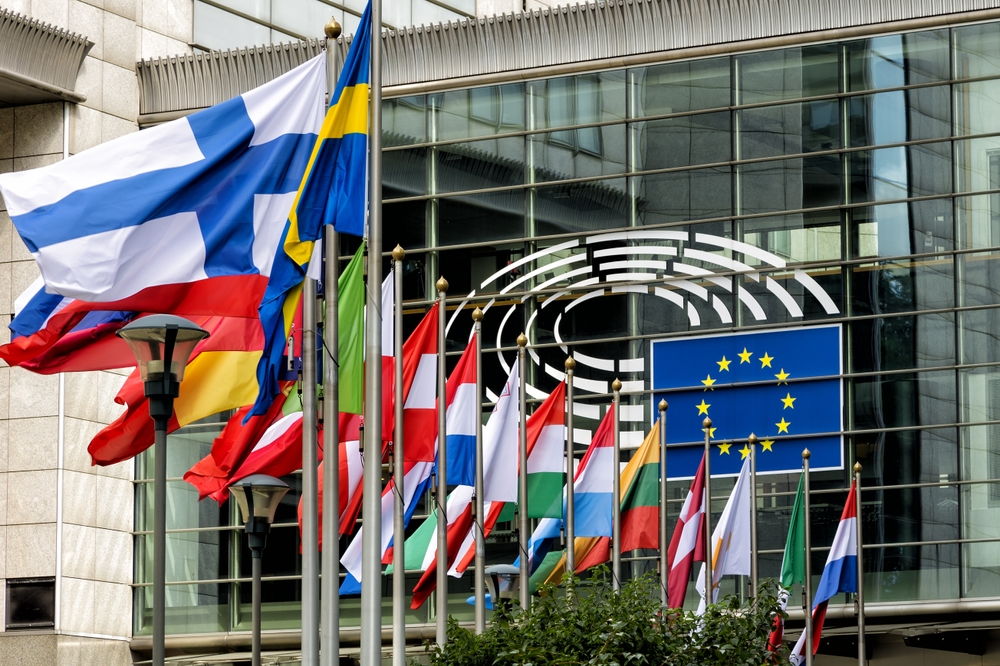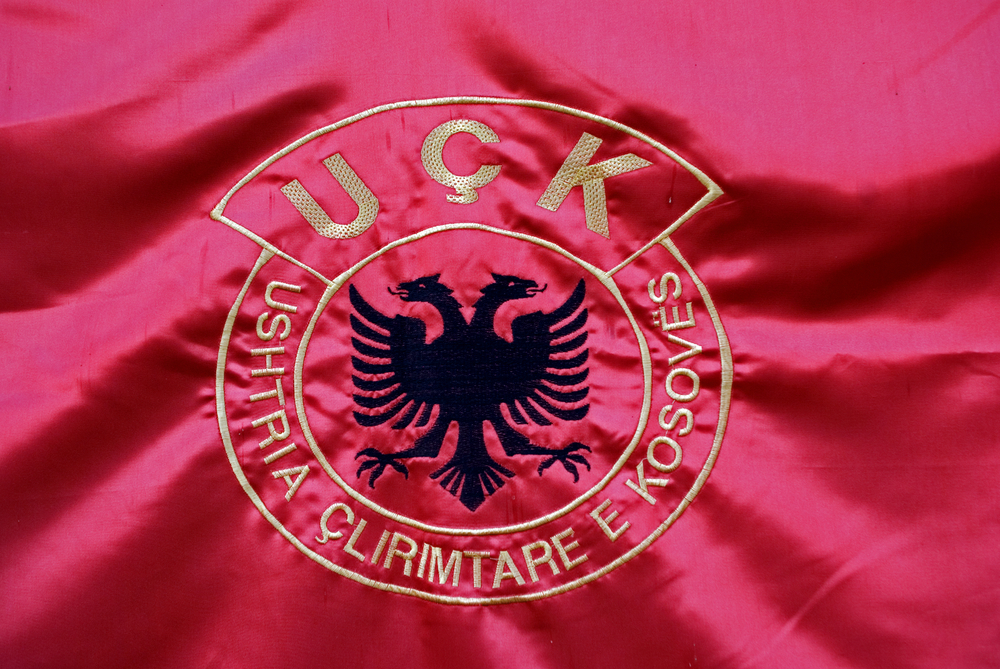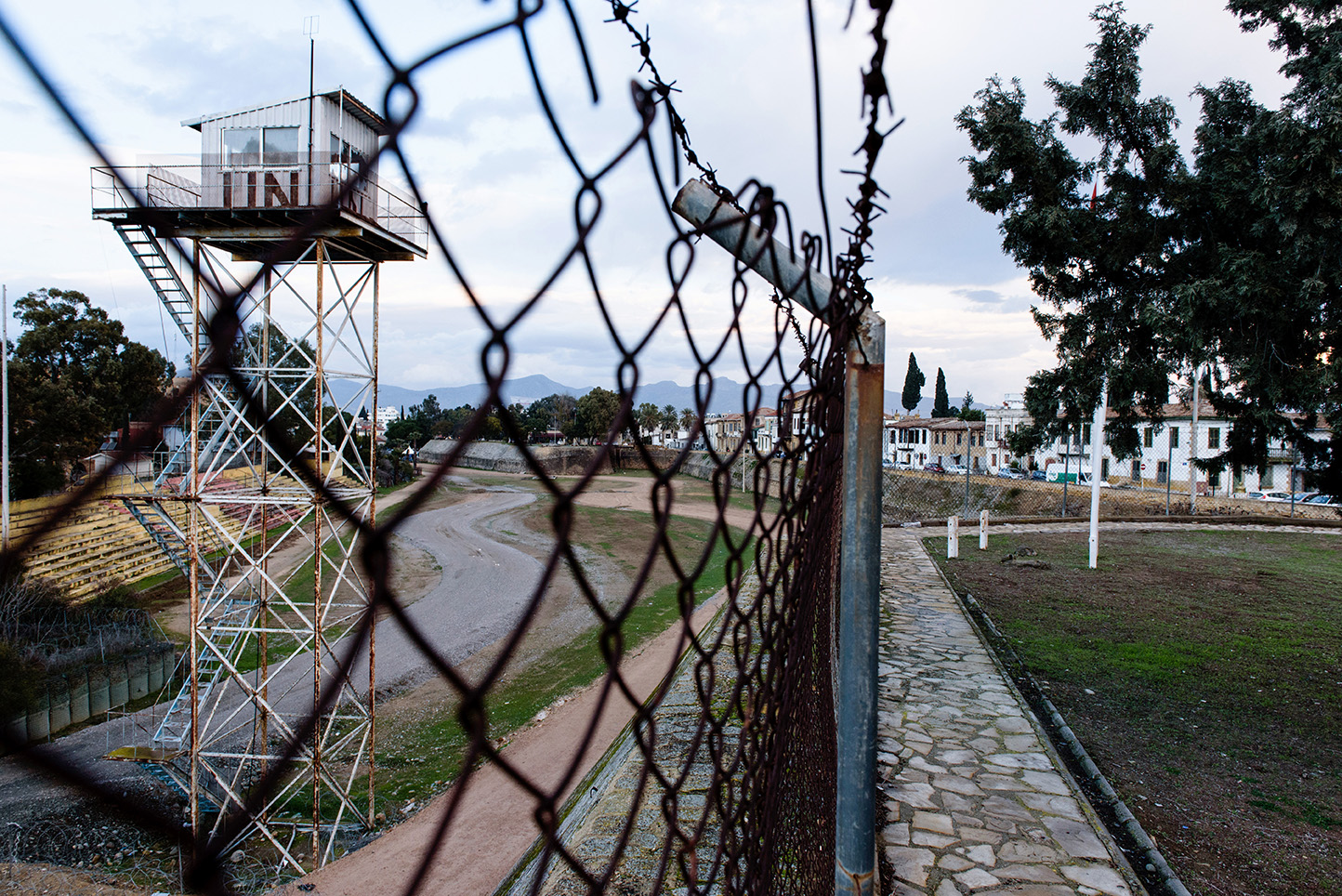EU enlargement: enhancing support while countering scepticism
Surveys on support for the accession of new member states highlight the need to rethink the way the benefits of enlargement policy are discussed, both inside and outside the EU, so as not to miss yet another opportunity. An interview with Bojana Zorić, analyst at the EU Institute for Security Studies

Allargamento-UE-stabilizzare-il-supporto-affrontando-lo-scetticismo-1
European Parliament, Bruxelles - © Fabrizio Maffei/Shutterstock
A steep decline in Albania and Montenegro, an unexpected rise in Kosovo, a slow recovery in North Macedonia and Bosnia and Herzegovina, and a stabilisation at levels that are not exactly encouraging in Serbia. And again, a sharp increase in EU Member States, especially after 2022, the year of Russia’s invasion of Ukraine.
This is what emerges from an analysis of Eurobarometer and Balkan Barometer 2025 data regarding support in EU Member States and in the Western Balkan countries, currently candidates for EU membership. These trends, although subject to variation and different methodologies, can provide a general picture of the extent to which the message of the need for political unification of the continent is resonating – or not – among European citizens.
“In democratic systems, policies that do not reflect citizens’ concerns and opinions risk fading over time”, warns Bojana Zorić, an analyst at the EU Institute for Security Studies (EUISS) and author of an research on the levels of support for EU enlargement emphasising the need to improve the way the benefits of this policy are discussed, both inside and outside the Union.
“The push for change always emerges where there is a gap between political elites and citizens”, explains Zorić in an interview for OBCT, referring to the risk of making the topic of enlargement almost inaccessible to citizens. “Public opinion on enlargement is very important”, especially at a time when support for the accession of new members could prove decisive for the future of the project of a united Europe.
What do surveys reveal about support for EU membership in the Western Balkan countries?
Despite some disillusionment in the Western Balkans over the slow pace of integration, analysis of data from 2012 to 2024 shows that regional support has remained relatively stable at around 50%, albeit with significant variations across countries.
This does not mean that the percentage of people who oppose joining has increased, but rather that citizens are more disillusioned. An explicit refusal to join the EU by the majority of the population is a highly unlikely scenario, except in Serbia, where the situation is somewhat different. It is not clear how Serbian citizens would respond if they were faced with this question today.
What about support in the Member States for EU enlargement?
Here, the situation is different, because support for enlargement has never been particularly strong. Although there were variations between Member States, the majority of EU citizens did not show any particular enthusiasm during the period under review.
By focusing exclusively on the need for reforms in the candidate countries, we have neglected the debates on enlargement taking place within the Member States. The debate should go beyond governments and involve all stakeholders in society.
Ultimately, the parliaments of all 27 Member States will have to approve the Accession Treaty of each candidate country. And these parliaments are made up of constituencies, parties and individuals. Even if indirectly, citizens have a say in the accession of candidate countries.
Did the war in Ukraine affect the dynamics of support?
2022 certainly marked a turning point, considering that in the previous decade many Member States had been rather sceptical.
We cannot say with absolute certainty that this change is linked exclusively to the war in Ukraine. Nevertheless, the correlation in the data is strong and suggests that the conflict has influenced citizens’ perception of EU enlargement, both as a tool to further strengthen the Union and as a shield against security risks to the continent. When Europe faces threats, citizens tend to see greater unity and expansion of the Union’s borders as a possible way to deter such dangers.
This dynamic emerged with particular clarity in 2022, when the highest number of Member States with over 66% of citizens in favor of enlargement was recorded. In my analysis, I refer to these countries as “enlargement supporters”.
This is a valid point if we are talking about enlargement in general, without distinguishing between specific candidate countries. But if we really want to evaluate whether the war in Ukraine has influenced public opinion, we should also examine whether there is a difference of opinion on the accession of Ukraine, Moldova and Georgia – which were granted candidate status shortly after the outbreak of the war – compared to the Western Balkans.
How can we explain the diversity of public opinion in the Western Balkans?
Beyond disillusionment with the slow pace of the accession process, the internal dynamics and political context of the candidate countries also influence public discourse. In many cases, political leaders took advantage of the current stalemate to pursue their own goals and spread messages about the EU that are not necessarily grounded in reality.
Furthermore, when the process is largely conducted behind closed doors – with discussions on negotiation chapters, clusters and benchmarks – citizens often do not understand much about it. In candidate countries, little effort has been made to translate these high-level political messages into language that everyone can understand.
Can Euroscepticism feed on this situation?
Yes, the possibility exists both inside and outside the EU.
Looking at the results of the 2024 European elections, the populist phenomenon within the EU has increased compared to the 2019 elections, and we must not forget that far-right parties are generally opposed to EU enlargement.
Similar trends are also observed in the candidate countries, where various populist parties spread political messages explaining the reasons against joining the EU, often citing the need to preserve national sovereignty.
This is the result of erosion of traditional political parties across Europe. Parties across the political spectrum are currently succumbing to populist narratives to gain electoral support and secure votes, aiming to maintain power in the next term.
How can we promote a transparent and credible public discourse on the European Union in the candidate countries?
When we talk about public discourse, we are referring to the way we communicate – or fail to communicate – the benefits of EU membership. People are often unaware of how much the EU already contributes to the development of local communities.
EU delegations in candidate countries should make greater efforts to explain how the Union and its Member States invest in infrastructure and education, for example. If we look at our competitors, like China, it is clear that they are placing a strong emphasis on strategic communications.
The EU, on the other hand, is not capable of effectively reaching the population outside the major cities, especially those living in rural areas where awareness of what the EU represents is very limited. If television is their only source of information and content is controlled by the state, they will only learn what their governments decide to share. There is a lack of additional or alternative sources of information.
One of the ideas promoted by the Commissioner for Enlargement Marta Kos is to enhance diplomacy to clearly and transparently demonstrate the EU’s benefits to citizens of the Western Balkans. Cultural diplomacy is also one of these soft power mechanisms. Another is to invest more in engaging young people, who are often the EU’s best ambassadors, as they directly benefit from opportunities like Erasmus+ and bilateral exchanges.
And how can public discourse on enlargement be strengthened in countries that are already EU members?
It is true that we are also failing to make EU citizens understand the benefits of enlargement. If you ask an Italian, Dutch or Swedish citizen why we should welcome, say, Montenegro into the Union, they are likely to have only a vague idea of that country and would not know how to answer.
This is a problem for the entire political project of the Union. We need to stimulate a broader and more coherent debate within the Member States on EU enlargement.
Each capital city should assume its share of responsibility and develop tailored communication strategies, bringing the enlargement issue to the attention of local public opinion through national media.
The truth is that we do not have a pan-European media outlet covering all 27 Member States. Even when the EU communicates messages about the benefits of enlargement, they are unlikely to reach local media ecosystems in Bulgaria, Spain or Germany.
Do you think there is a risk that the current momentum for EU enlargement could be lost due to political immobility?
Over the past ten years, there have been several moments of momentum for enlargement. The latest was triggered by the war in Ukraine. It was a wake-up call that prompted the European Union to strategically reflect on how to strengthen its neighborhood.
Now that enlargement is back on the agenda and possible accession dates for some candidate countries are being discussed, if we fail again, we will have to prepare for a strong backlash in these societies. I am not sure how much longer they are willing to wait.
Of course, progress also depends on the work that the governments of the candidate countries have to do, because it is a merit-based process and the EU leadership has been very clear on this point.
However, even within the EU we must be honest with ourselves and ask ourselves whether we really want to enlarge the Union. If the will exists, then we must proceed with determination. Whatever approach we adopt now with the Western Balkans will serve as a testing ground for the candidates in the East, who have only recently embarked on the enlargement process.
What is at stake here is the credibility of the EU. The geopolitical cost of leaving candidate countries – both in the Western Balkans and in the East – in limbo is too high for the European Union.
This article was republished as part of a content exchange promoted by MOST – Media Organisations for Stronger Transnational Journalism, a project co-funded by the European Commission, which supports independent media specializing in international coverage. Here is the section dedicated to the project on OBCT.










